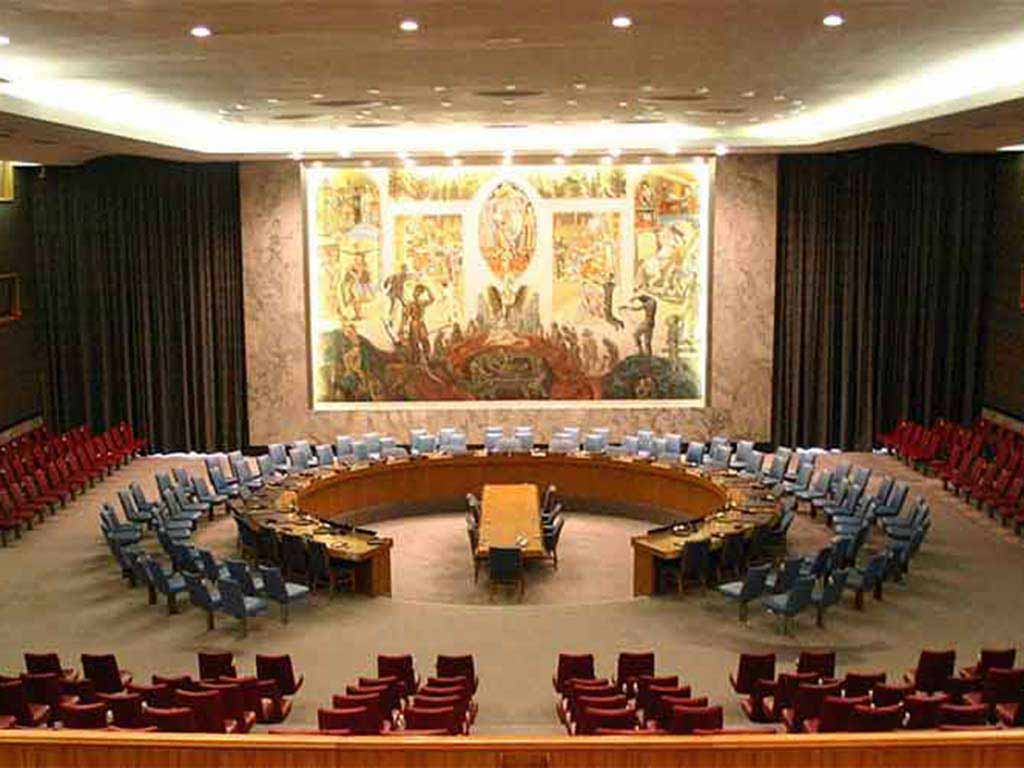In a recent address to the Council, UN Secretary-General António Guterres advocated greater efforts to end conflicts on the African continent and provide them with greater participation and leadership in global peace and security architecture and in global structures governance, such as the Security Council itself.
Guterres warned that the increase of hostilities in El Fasher is opening an alarming new chapter in the dispute in Sudan, which is now in its second year. “We need a concerted global push for a ceasefire, followed by a comprehensive peace process to end the bloodshed,” he said.
The UN High Commissioner for Human Rights, Volker Türk, confirmed last week that holding high-level contacts with the parties in conflict due to the rise in violence and the imminence of famine.
Türk called for stopping the escalation in telephone conversations with Abdel Fattah Al-Burhan, commander of the Sudanese Armed Forces; and Mohamed Hamdan Dagalo, head of the Rapid Support Forces, both of whom he called to act immediately to calm the situation, which is deteriorating after the fighting reached the city. He also reminded them of their obligations under international humanitarian law to ensure compliance with distinction principles, proportionality, and precaution.
The commissioner demanded to end any ongoing violations and ensure accountability for violations of international humanitarian law and human rights committed by their respective forces and allies.
More than 1.8 million residents and internally displaced persons in El Fasher, are currently trapped and at risk of famine. “This will have a catastrophic impact on civilians, and will deepen the inter-communal conflict with disastrous humanitarian consequences,” said the Human Rights Office, according to which more than 25 million people in Sudan need humanitarian assistance due to the conflict, including 14 million children.
jrr/llp/jha/ebr










